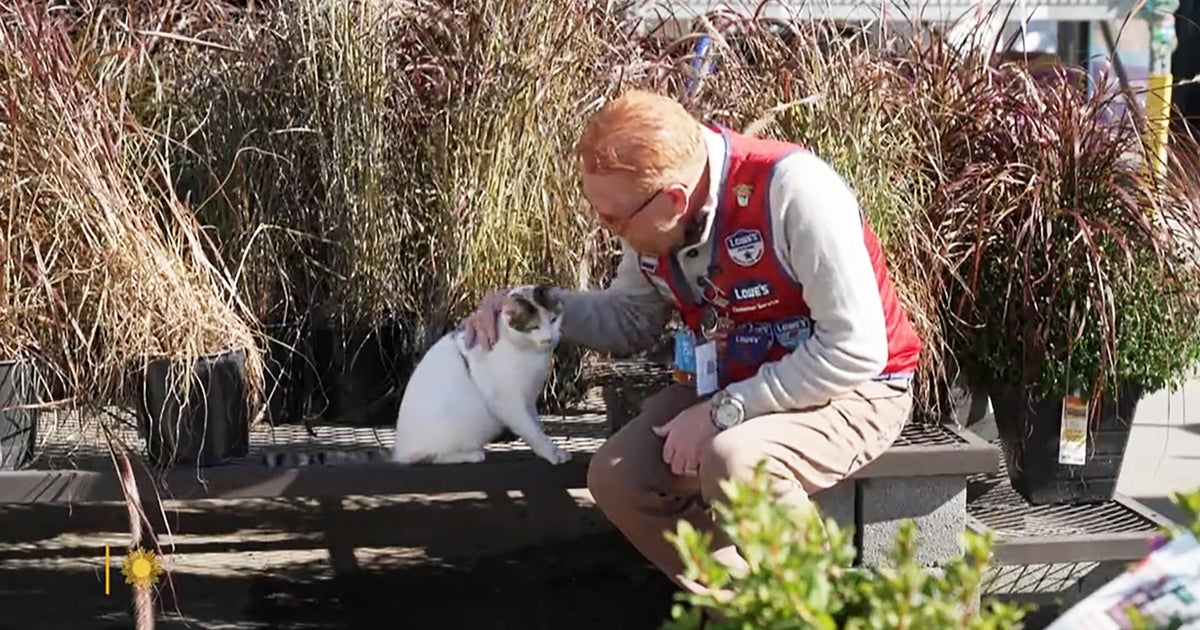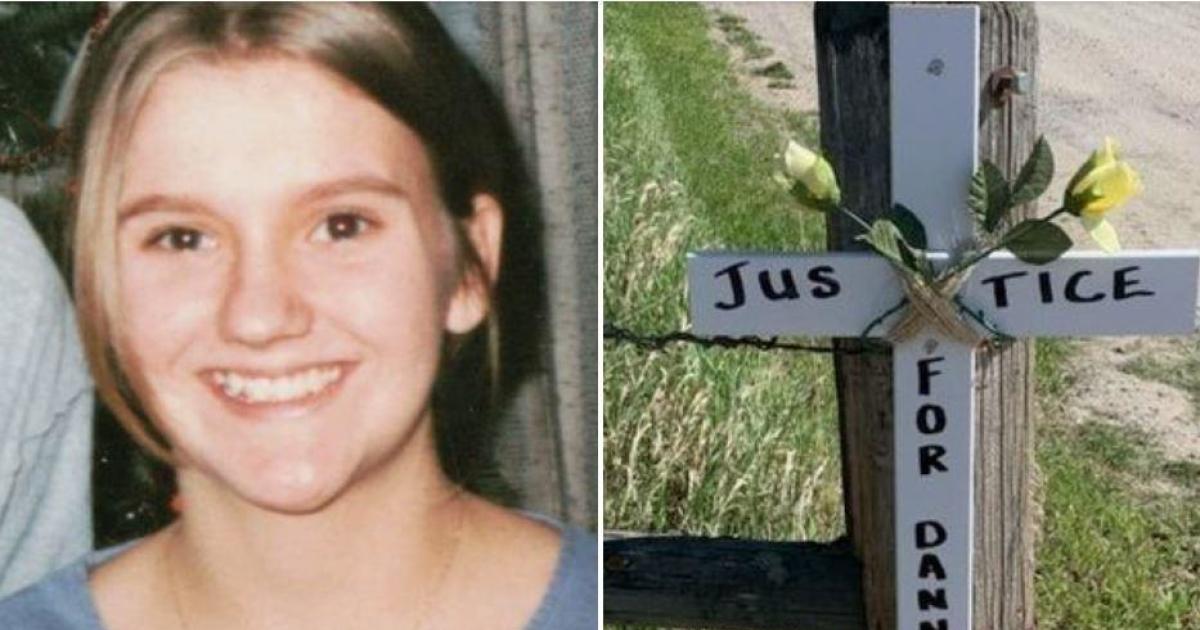Sabrina* thought when her former boyfriend was arrested after allegedly tracking her down in the early hours of New Year’s Day, breaking into the home of her male friend and choking him, that her nightmares were over.
Matthew Witek, 40, was charged, remanded in custody and not allowed to legally contact her under an apprehended domestic violence order.
Then the phone calls allegedly started – and they didn’t stop.

Sabrina* thought the nightmare was over when her ex-boyfriend was arrested. Credit: Michael Howard
For six months, Witek allegedly breached the protective order by obsessively calling Sabrina a total of 1570 times from prison, a court heard.
Witek has been charged with one of two new aggravated offences that came into effect in March, targeting individuals who repeatedly or intentionally breach protective orders.
He was charged with six counts of knowingly contravening an ADVO three or more times in a 28-day period.
On October 23, Witek fronted the NSW Supreme Court through video link for a bail hearing over charges related to the January 1 attack.

Domestic violence experts say a splintered correctional monitoring system allows offenders to easily get around restrictions.Credit: Illustration: Matt Davidson
“The extraordinary fact that he has obsessively contacted her while an AVDO was in place completely undermines this court’s belief he would be restrained from reoffending,” Justice Jeremy Kirk said.
The case is an alleged example of what domestic violence experts say is a splintered correctional monitoring system – one in which offenders can easily get around restrictions aimed at protecting victims, and Corrective Services NSW is powerless to stop it.
Loading
According to the executive agency’s phone policy, inmates can have up to 10 personal numbers and six legal contact numbers on their call list. Personal numbers inmates wish to add to their call list are checked by a correctional staffer through an initial phone call.
However, an issue arises when an inmate uses an alias for a number they wish to add to a call list that is subject to an ADVO and the victim confirms the fake identity to Corrective Services NSW.
Former detective and policing expert Dr Vincent Hurley said victims might accept using an alias if they felt intimidated by the offender or were in the “honeymoon” phase of domestic violence.
“The cycle of domestic violence, when victims go through a honeymoon period, and they may forgive [the offender], but that’s not to say that they may not change their mind later,” he said.
Hurley said that, according to one of his sources inside Corrective Services NSW, there is no way to verify an inmate’s call list beyond the initial phone call, and further compounding the issue was short staffing.

Former detective Dr Vincent Hurley said victims might accept using an alias if they felt intimidated by the offender.
“What [corrections] don’t or can’t confirm is if the person receiving the calls from prison is the person who they claimed to be on the call list,” he said.
Inmates being able to call their victims from prison is “extremely troubling”, a spokeswoman for Corrective Services Minister Anoulack Chanthivong said.

Correctional Services Minister Anoulack Chanthivong.Credit: Steven Siewert
“At the minister’s direction, the Corrections commissioner is conducting a review to provide options to strengthen how Corrective Services NSW manage contact between parties subject to an AVO restricting or prohibiting contact,” the spokeswoman said.
“All appropriate actions will be implemented to reduce the risk of these contacts occurring.
“Corrective Services NSW is implementing additional measures to operate alongside existing vetting mechanisms, including a new recorded message on all outgoing inmate calls announcing the name of the inmate who is placing the call.”
Criminologist Dr Emma Buxton-Namisnyk, said it was the combined responsibility of police and correctional facilities to share victims’ information to keep them safe.
“It’s incumbent upon those state agencies to ensure that the conditions of those ADVOs are communicated to corrective services,” she said.
Buxton-Namisnyk, a domestic violence expert at the University of NSW, said victims were entitled to feel safe from their partners, and inmates calling their victims from prison was an extension of coercive control patterns.
In a case on October 23, Adnan Baradaaji, 41, was refused bail after he allegedly called his ex-partner from jail and made an “implicit threat” to her life, a court heard.
“Go to the police station and tell them that you lied ... about the gun. If you don’t do it, watch, and see when I come out,” Baradaaji allegedly said to her on the call, adding he would waive her $5000 fine for providing a false statement.
“It is of serious concern that the set of facts involves reference to a gun,” Justice Jeremy Kirk said. “The threats should be taken seriously. Threats were made with an implicit threat to life.”
In September last year, the Labor government strengthened domestic violence laws, imposing “tougher” penalties for intentional and persistent breaches of ADVOs.
Two new aggravated offences – knowingly contravening an ADVO intending to cause harm or fear, and knowingly breaching an ADVO three or more times in 28 days – carry maximum sentences of three and five years’ imprisonment respectively.
In the first three months after the offences came into effect, 30 people have been charged for knowingly breaching an ADVO, and 23 for knowingly breaching an ADVO more than three times in 28 days.
While breaching an ADVO in NSW is already a crime that records about 25,000 incidents a year, only 13 per cent result in a custodial penalty, said Jackie Fitzgerald, executive director of the NSW Bureau of Crime Statistics and Research.
Loading
Fitzgerald said the new offences have had lower charge numbers but higher rates of custodial sentencing.
“These are new offences, and you would expect there to be a kind of teething period … [but] the conviction rates, 76 per cent for knowingly breaching ADVO and 69 per cent for breaching three times within 28 days, I think those are reasonably high,” Fitzgerald said.
“In both of those offences, it looks like about a third are getting a custodial sentence – that is much higher than regular convictions for breaching an apprehended violence.”
*Name has been changed for legal reasons.
Most Viewed in National
Loading


















































